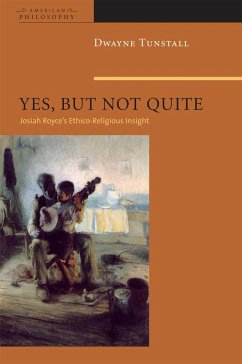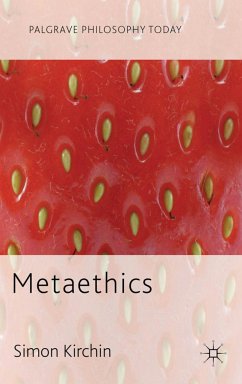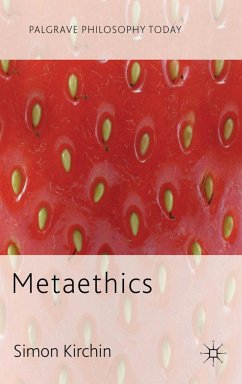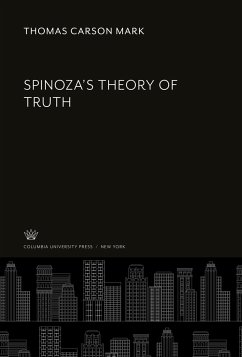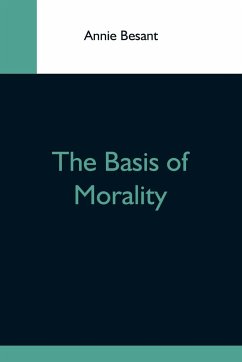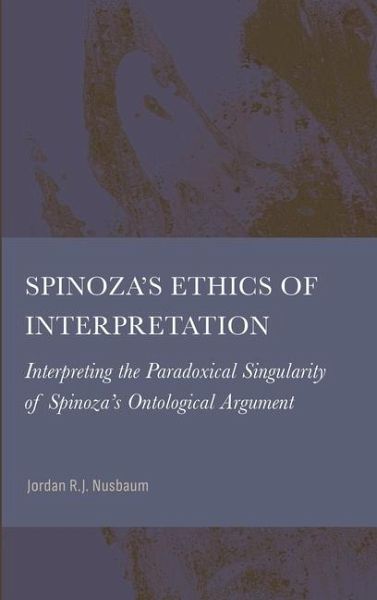
Spinoza's Ethics of Interpretation
Interpreting the Paradoxical Singularity of Spinoza's Ontological Argument
Versandkostenfrei!
Versandfertig in über 4 Wochen
94,99 €
inkl. MwSt.

PAYBACK Punkte
47 °P sammeln!
This book examines Spinoza's ontological argument and introduces the concept of "paradoxical singularity." It explores the ways in which Spinoza's ontology establishes a framework in which singular things are, paradoxically, differentiated through intersecting causes. The book argues that Spinoza's ontological argument functions at once as a philosophical, religious, and political ethos in which interpretation is inseparable from cooperation. This emphasizes a connection between the productions of knowledge (interpretation) and the way of life (ethos) that those productions involve and express...
This book examines Spinoza's ontological argument and introduces the concept of "paradoxical singularity." It explores the ways in which Spinoza's ontology establishes a framework in which singular things are, paradoxically, differentiated through intersecting causes. The book argues that Spinoza's ontological argument functions at once as a philosophical, religious, and political ethos in which interpretation is inseparable from cooperation. This emphasizes a connection between the productions of knowledge (interpretation) and the way of life (ethos) that those productions involve and express. Recommended for scholars interested in Spinoza's influence on post-structuralism, trans-individuality, and the history of secular religious thought.






